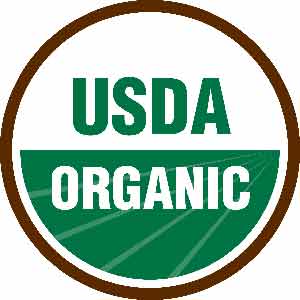how can we help you?
Contact us at the A CERT office nearest to you or submit a business inquiry online.
Having values, we offer strictly professional services and through the recognition and reputation of the A CERT, our associated companies and structures and strategic collaborators, we add value to the products, services, institutes and organizations giving them a competitive advantage and making them capable of achieving a dominant position in national and international level.

how can we help you?
Contact us at the A CERT office nearest to you or submit a business inquiry online.
Having values, we offer strictly professional services and through the recognition and reputation of the A CERT, our associated companies and structures and strategic collaborators, we add value to the products, services, institutes and organizations giving them a competitive advantage and making them capable of achieving a dominant position in national and international level.

USDA NOP

The National Organic Program (NOP) is a regulatory framework established by the United States Department of Agriculture (USDA) to set and enforce uniform national standards for organically produced agricultural products. The NOP’s primary goal is to assure consumers that products with the USDA organic seal meet consistent, uniform standards.
NOP regulations cover various aspects of organic production, including crop production, livestock management, and processed organic products. For crops, the NOP requires that organic farming practices maintain or enhance soil and water quality while also conserving wetlands, woodlands, and wildlife. Synthetic fertilizers, sewage sludge, irradiation, and genetic engineering are not allowed. Instead, organic crop production relies on natural processes and materials to enhance plant growth and disease resistance.
In terms of livestock, the NOP standards mandate that animals are raised in living conditions accommodating their natural behaviors, such as the ability to graze on pasture, and are fed 100% organic feed and forage. The use of synthetic hormones and genetic engineering is prohibited, and antibiotics can only be used in limited circumstances.
Processed organic foods must contain at least 95% certified organic ingredients, excluding water and salt. Non-organic ingredients used must be approved on the National List of Allowed and Prohibited Substances and are allowed either because no organic option exists or are deemed essential to food processing.
Certification under the NOP involves a rigorous process where farms and businesses must apply through an accredited certifying agent, submit to a thorough review of their operational practices, and undergo annual on-site inspections. This ensures compliance with NOP standards and allows them to use the USDA organic seal.
The NOP also facilitates international trade, establishing equivalency agreements with other nations such as Canada, the EU, and Japan, allowing products certified in one region to be sold as organic in another. This not only expands market opportunities but also upholds the integrity of organic labeling globally.
Through its comprehensive standards and strict enforcement, the NOP plays a crucial role in supporting sustainable agricultural practices and providing assurance of the authenticity and quality of organic products.
Companies producing organic products and willing to export to the USA Market, need to be certified according to the USDA’s National Organic Program (NOP).
A CERT in cooperation with SCS International, LLC provides inspection and certification services for organic products in compliance with USDA/NOP all over the world.
For further information, please contact us.
